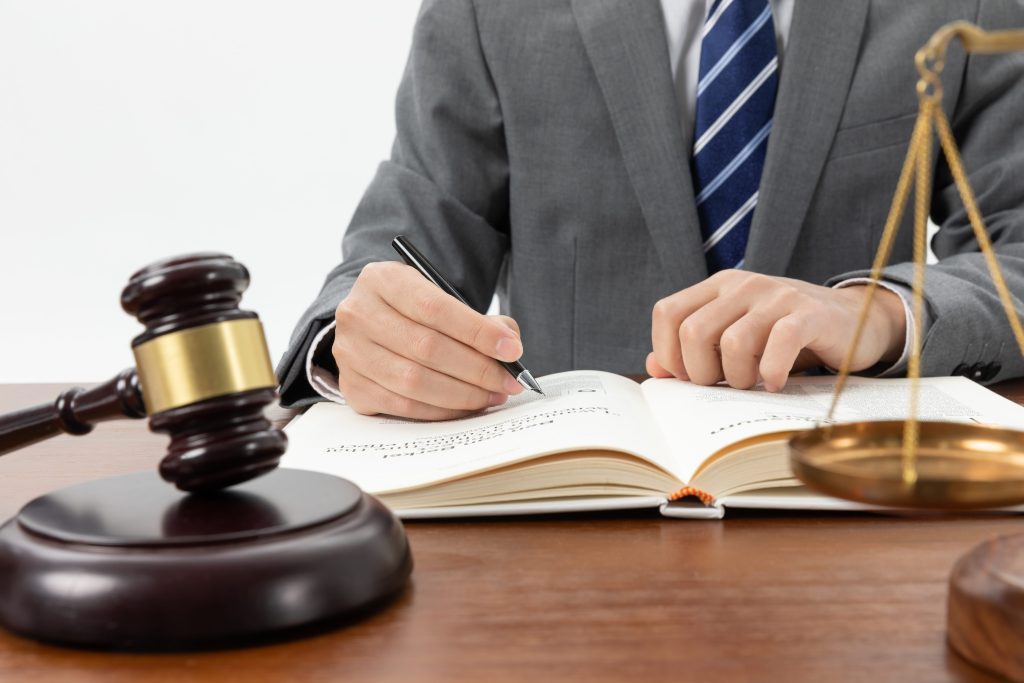When Does a Neighbor’s Noise Become a Legal Nuisance in Washington?

Disagreements between neighbors are often sparked by noise—whether it’s late-night parties, barking dogs, or construction projects that drag on for months. While occasional disturbances are part of community living, excessive or ongoing noise can cross the line into a legal problem. In Washington, the law provides remedies for individuals whose use and enjoyment of their property is being unreasonably interfered with. But when does noise actually become a legal nuisance?
What Is a “Nuisance” Under Washington Law?
Washington defines a nuisance as an activity or condition that unlawfully interferes with the use and enjoyment of another’s property. This is more than just an inconvenience—it must rise to a level that a reasonable person would consider unreasonable, substantial, and continuous.
Noise becomes a nuisance when it is excessive, persistent, and interferes with ordinary comfort and enjoyment of one’s home. Sporadic annoyances, on the other hand, usually are not enough to support a claim.
Common Sources of Noise Disputes
Noise complaints often arise from loud music, frequent parties, barking dogs, late-night vehicle activity, or ongoing construction. The impact is evaluated not only by the volume of the noise but also by the time of day, frequency, and the effect on surrounding residents. Noise that might be tolerable at noon may be considered a nuisance at midnight.
Legal Standards and Remedies
Washington courts typically apply a reasonableness standard, asking whether the noise would disturb an ordinary person living in the community. Local ordinances may also set decibel limits or “quiet hours” that provide additional guidance.
If noise rises to the level of a nuisance, a neighbor may have several remedies. These include filing a complaint with local authorities, pursuing mediation, or, in more serious cases, filing a civil lawsuit seeking damages or an injunction to stop the noise. Courts balance the rights of the person creating the noise with the rights of the neighbor to peaceful enjoyment of their property.
Practical Steps Before Taking Legal Action
Before heading to court, it is often best to attempt practical solutions. Speaking directly with the neighbor, documenting the noise with recordings and notes, and contacting local code enforcement are usually the first steps. Courts look favorably on individuals who make reasonable efforts to resolve disputes informally before turning to litigation.
Not every annoyance qualifies as a legal nuisance, but when noise becomes persistent, unreasonable, and disruptive, Washington law provides options for relief. Whether through local ordinances, mediation, or civil action, neighbors are entitled to quiet enjoyment of their homes.
If you are dealing with an ongoing noise issue or facing allegations of creating one, the Law Office of Erin Bradley McAleer can help you understand your rights and options under Washington law.